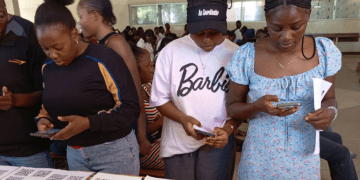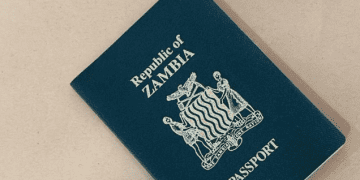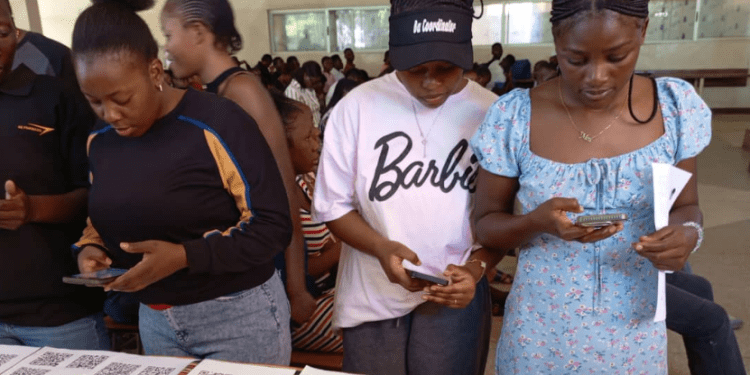By Juliet Makwama
Young people especially the girl child have been advised to be extra cautious when interacting via the cyber space as they are more vulnerable to online threats and risks that could affect their welfare in many ways.
Information Communications Technology ICT Journalist and Blogger Brenda Zulu said this when she addressed both male and female; students at the Lusaka Business and Technical College LBTC during an event organised by the Forum for African Women Educationists in Zambia FAWEZA to mark this years International Day of the Girl Child.
Ms Zulu said students need to take extra care when interacting in the cyber space as there is a lot that is currently happening on various platforms.
Ms Zulu shared some safety QR codes with students, to help them identify possible threats on various cyber spaces, including email.
She said some threats may have effects that will not be easy to erase, and may compromise with the future prospects for those affected.
The girl child is said to be more susceptible to online threats and risks such as image based abuse, deepfakes and stalking that can impact their welbeing even much longer after it happens.
And Forum for African Women Educationists in Zambia FAWEZA Executive Director Costern Kanchele said despite the world facing multiple crises from economic uncertainty and climate change to conflict and inequality, girls have consistently shown remarkable leadership and resilience.
Mr Kanchele noted that girls have been active through community activism, entrepreneurship, or innovative problem-solving, shaping solutions that are inclusive, sustainable, and transformative.
“But leadership requires more than courage, it requires support. And that is why FAWEZA, with the help of partners like the Mastercard Foundation, remains committed to removing the barriers that stand in your way. We are committed to ensuring that every girl regardless of her background, ability, or status can access quality education, build the skills she needs, and step confidently into spaces where decisions are made,” Mr Kanchele said.
Mr Kanchele said this during a speech read on his behalf by FAWEZA Programs Manager Ivy Mutwale.
Mr Kanchele explained that the Mastercard Foundation Bursary Program is a partnership that gives second chance pathways for increased access to tertiary education for marginalised young women and men.
Through this program, a total of 32 students, both male and female are being sponsored to study various courses at the LBTC, with 12 being in the first cohort and 20 in the second, and Mr Kanchele is hopeful that the number will grow in the next cohort.
This bursary program has so far captured 400 students across the country, as it has young people being sponsored at atleast one school in all the ten provinces of the country.
The International Day of the Girl Child this year is celebrated under the theme, “The Girl I Am, The Change I Lead: Girls on the Frontline of Crisis.”
Mr Kanchele noted that the theme celebrates not only the potential and resilience of girls but also their transformative power in shaping a better future for communities and the nation.
“Every year on this day, the world pauses to recognise the rights of girls and the unique challenges they face. But more importantly, we come together to celebrate their strength, their creativity, their leadership, and their unshakable resolve to rise even in the face of adversity.
The reality is that girls are not merely victims of crisis; they are leaders within them. Whether facing the effects of climate change, navigating displacement, overcoming barriers to education, or championing social change, girls are standing on the frontlines not as bystanders, but as change-makers,” he said.
He said education is the most powerful tool to unlock the potential of every girl, hence the Mastercard Foundation partnership to sponsor vulnerable young people at tertiary education level.








































